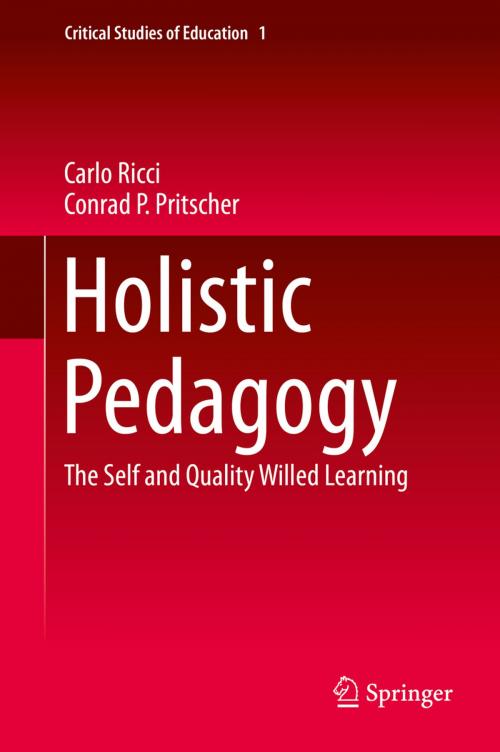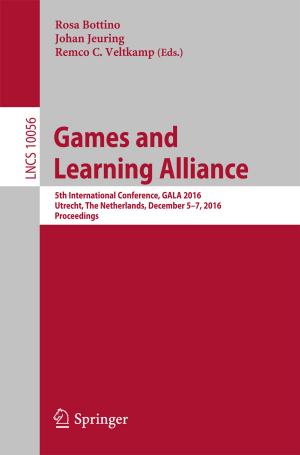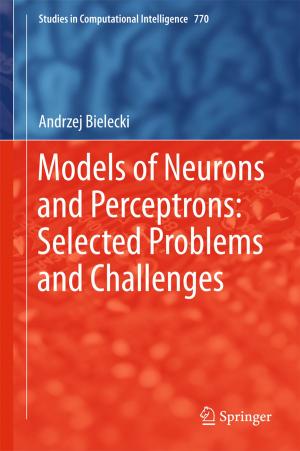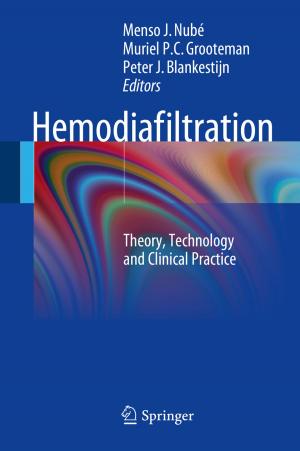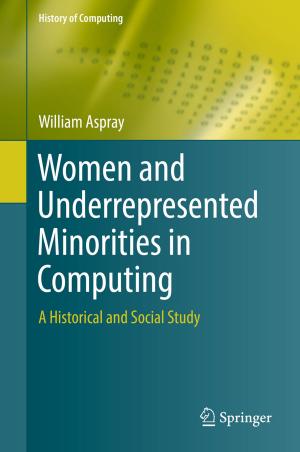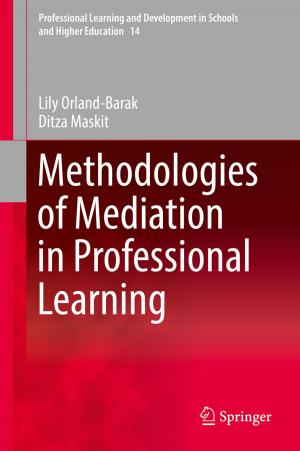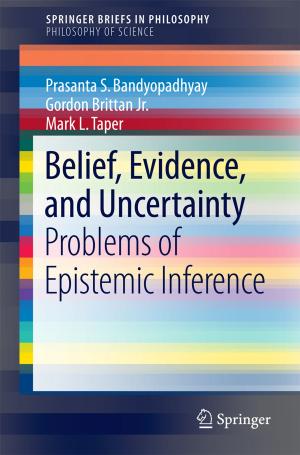Holistic Pedagogy
The Self and Quality Willed Learning
Nonfiction, Reference & Language, Education & Teaching, Educational Theory, Educational Psychology, Teaching, Teaching Methods| Author: | Carlo Ricci, Conrad P. Pritscher | ISBN: | 9783319149448 |
| Publisher: | Springer International Publishing | Publication: | March 3, 2015 |
| Imprint: | Springer | Language: | English |
| Author: | Carlo Ricci, Conrad P. Pritscher |
| ISBN: | 9783319149448 |
| Publisher: | Springer International Publishing |
| Publication: | March 3, 2015 |
| Imprint: | Springer |
| Language: | English |
This book illuminates what must always be at the heart of powerful schooling and authentic learning. Its focus is on free learning, with an emphasis on early East Asian thought as a vehicle through which learning may emerge. The volume describes learning as helping the learner become more conscious, more aware. As such the authors explain how quality learning encompasses all learning that is chosen by the learner. It is non-judgmental and their idea is that if learning is done by choice then direct harm will be mitigated because quality, willed learning is not just about the individual, but includes others — it is community focused as well as self-determined. In the first part of the volume the authors look specifically at how quality willed learning can inform the state and how it can protect the rights of children. The second part looks at what quality willed learning can mean to leaders. In the last part the authors look at what it can mean for teachers and finally what it can mean for the learners themselves.
This book illuminates what must always be at the heart of powerful schooling and authentic learning. Its focus is on free learning, with an emphasis on early East Asian thought as a vehicle through which learning may emerge. The volume describes learning as helping the learner become more conscious, more aware. As such the authors explain how quality learning encompasses all learning that is chosen by the learner. It is non-judgmental and their idea is that if learning is done by choice then direct harm will be mitigated because quality, willed learning is not just about the individual, but includes others — it is community focused as well as self-determined. In the first part of the volume the authors look specifically at how quality willed learning can inform the state and how it can protect the rights of children. The second part looks at what quality willed learning can mean to leaders. In the last part the authors look at what it can mean for teachers and finally what it can mean for the learners themselves.
